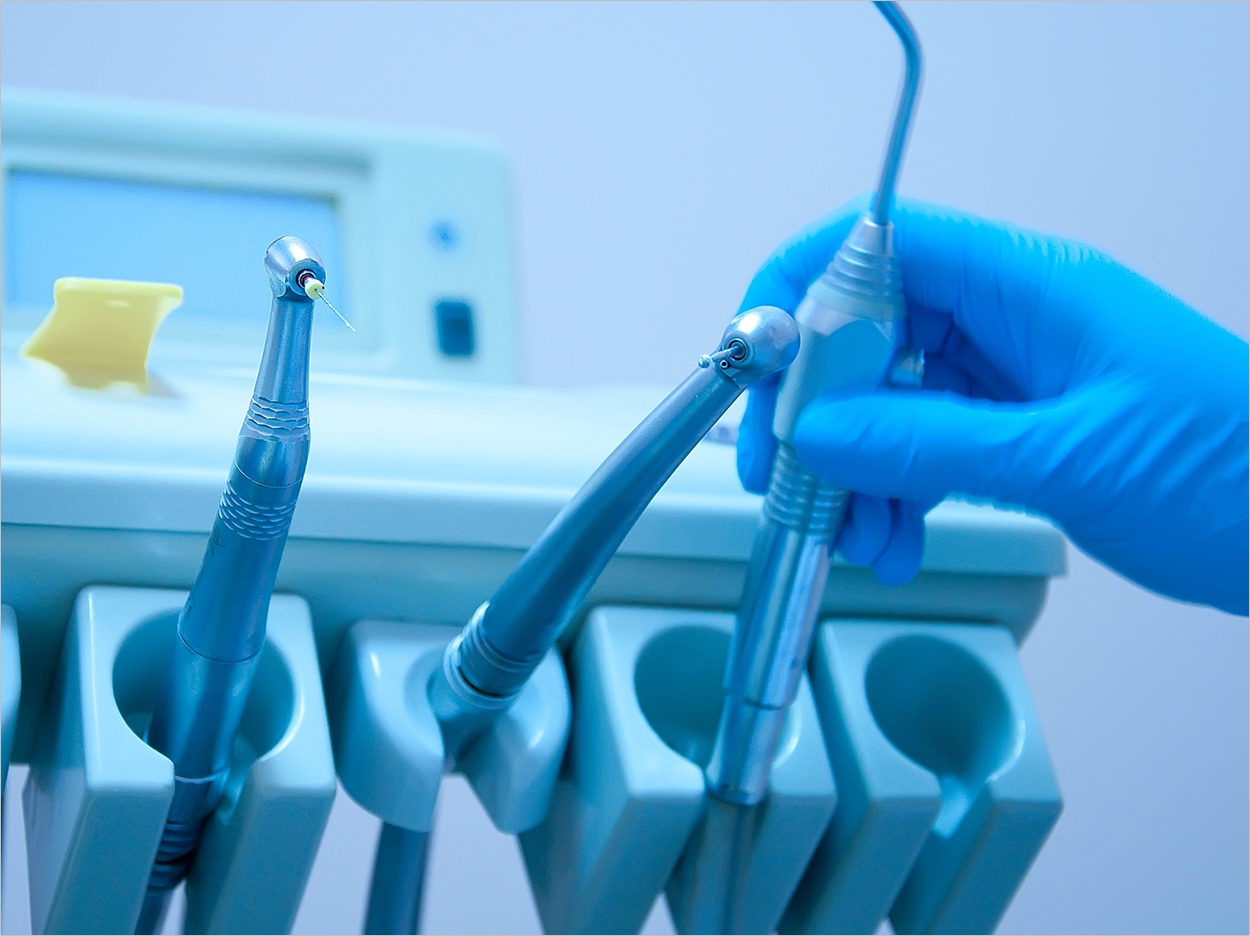
The California legislature is considering a bill crafted to improve infection control safety in dentistry. Introduced by Tom Daly (D-Anaheim), Assembly Bill 1277 calls for the Dental Board of California to amend the regulations on the minimum standards for infection control for certain dental procedures that expose the dental pulp and may create an opportunity for infection. The California Dental Association (CDA) worked with Daly in drafting the bill.
The bill was partially inspired by an outbreak of 22 confirmed and 46 probable mycobacterial infections of children between the ages of 2 and 11 years who had received pulpotomies at the Children’s Dental Group practice in Anaheim. All of these children were hospitalized at some point, with treatments including long-term intravenous antibiotics, surgery to remove the infection, and, in some cases, tooth extractions and jaw reconstruction.
Multiple health agencies investigated the outbreak and traced the infections to the practice’s water system. The practice then replaced its water system, but subsequent testing revealed more mycobacterium, and the practice was closed. After meeting conditions set by the Orange County Health Care Agency, including several evaluations, audits, and tests relating to its water systems, clinical care, and infection control and sterilization practices, it reopened in April.
The bill adds Section 1601.6 to the Business and Professions Code of the California Code of Regulations. According to the bill, “This bill would require the board to amend the regulations on the minimum standards for infection control… to require water or other methods used for irrigation to be sterile or contained recognized disinfecting or antibacterial properties when performing dental procedures that expose dental pulp.”
The bill requires the board to adopt final regulations on or before December 31, 2018. It provides emergency authority to expedite its rulemaking process to ensure compliance with the deadline. It is now in the Assembly Business and Professions Committee awaiting a vote.
To prevent the buildup of biofilm in dental waterlines, the CDA recommends the purging of waterlines at the beginning of each workday and flushing lines between patients; reviewing procedures for maintaining dental water unit quality at equal to or less than 500 cfu/mL heterotrophic water bacteria; and consulting with the manufacturer of the dental unit for appropriate water maintenance methods.
Related Articles
Use the Right Water to Improve Care, Productivity, and Profitability
How Microbes Contaminate Your Dental Unit Waterlines
Every Practice Needs an Infection Control Coordinator












